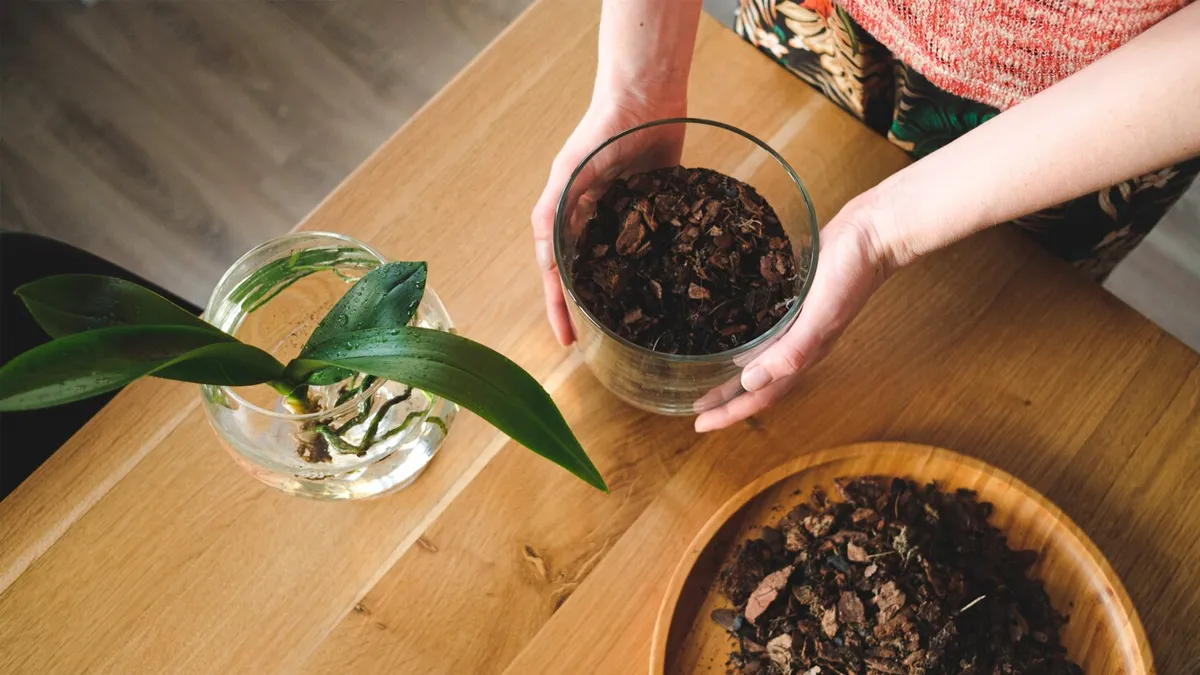
How To Grow Plants Using Coffee Grounds, Tea, And Kitchen Waste
That is a fantastic, sustainable approach to gardening! Coffee grounds, tea leaves, and common kitchen scraps are excellent natural soil amendments, providing essential nutrients and improving soil structure. Here is a guide on how to grow plants using these household wastes.
Growing Plants with Coffee Grounds, Tea, and Kitchen Waste
Composting and direct application of kitchen waste enriches the soil, improves drainage, and provides a slow release of nutrients, leading to healthier plant growth. However, all materials must be applied in moderation and properly prepared to prevent issues like fungal growth or nutrient imbalance.
1. Utilising Coffee Grounds
Coffee grounds are rich in nitrogen, magnesium, and potassium, which are vital for foliage and overall plant vigour.
As a Fertiliser: Sprinkle dry, spent coffee grounds lightly around the base of acid-loving plants like roses, blueberries, azaleas, and hydrangeas. The grounds provide a slow-release nitrogen boost.
Worm Food: Add coffee grounds directly to your vermicompost bin; worms absolutely thrive on them, producing nutrient-rich castings.
Pest Repellent: Applying a slightly thicker layer around seedlings can help deter slugs and snails.

Don't Miss: Eco-Friendly Gardening: Grow Chilli Plants In Plastic Bottles With This Simple Guide
2. Repurposing Tea Leaves
Tea leaves, like coffee grounds, are a good source of nitrogen and can help improve soil texture and water retention.
Direct Application: Open used tea bags (remove the staples/strings) or use loose tea leaves. Mix them directly into the top layer of your potting soil or garden beds. They are particularly beneficial for houseplants.
Compost Booster: Tea bags (staples removed) and loose leaves break down quickly in a compost pile, speeding up the decomposition process and adding rich organic matter.
As a Soil Conditioner: Brewed, cooled black or green tea can occasionally be used to water plants like ferns and roses, providing mild nutrients and lowering soil pH slightly.

3. Integrating General Kitchen Waste
Most raw, non-greasy kitchen waste can be processed to become highly valuable food for your plants.
Banana Peels (Potassium Boost): High in potassium, which is excellent for fruiting and flowering. Chop peels finely and bury them deep near the roots of flowering plants or tomatoes. Alternatively, soak them in water for a few days to create a potassium-rich "tea" fertiliser.
Eggshells (Calcium Source): Rich in calcium, which is crucial for preventing common issues like blossom end rot in tomatoes and peppers. Wash and crush eggshells into a fine powder. Mix this powder directly into the soil before planting.
Vegetable Scraps (General Compost): Raw fruit and vegetable scraps (avoiding oils, dairy, and meat) should be added to a compost pile or bin. The resulting compost is the most balanced and safest way to use kitchen waste, enriching the soil structure and nutrient content for all plants.
Starchy Water: Water used to boil vegetables, pasta, or potatoes often contains leached nutrients. Once cooled and unsalted, this water can be used directly to hydrate and feed your plants.
Image credits: Freepik
Don't Miss: Beginner-Friendly Ways to Boost Plant Growth For Beginners
If you liked this story, then please share it. To read more such stories, stay connected to HerZindagi.
Also watch this video
Herzindagi video